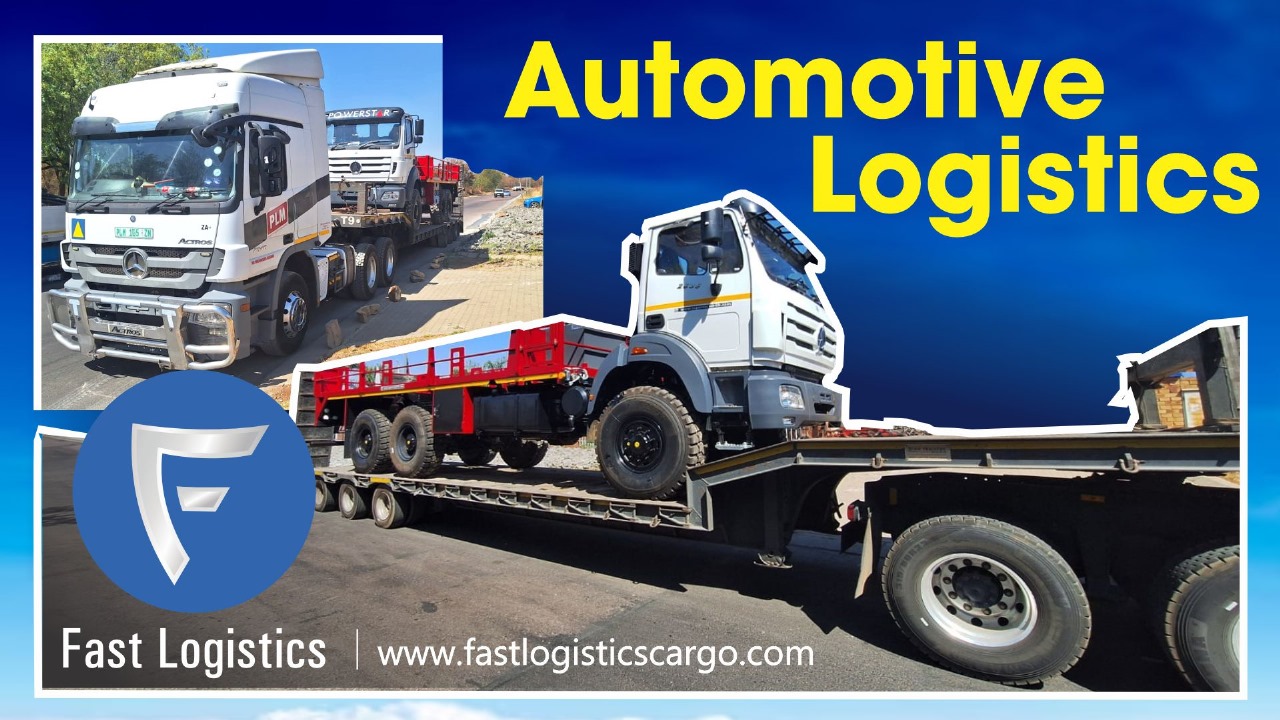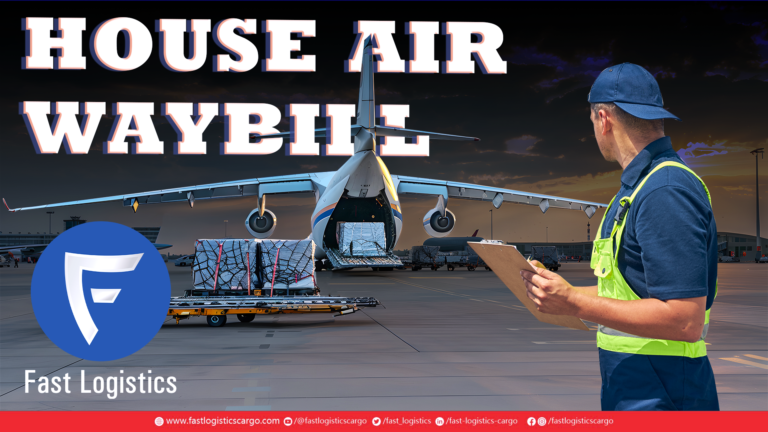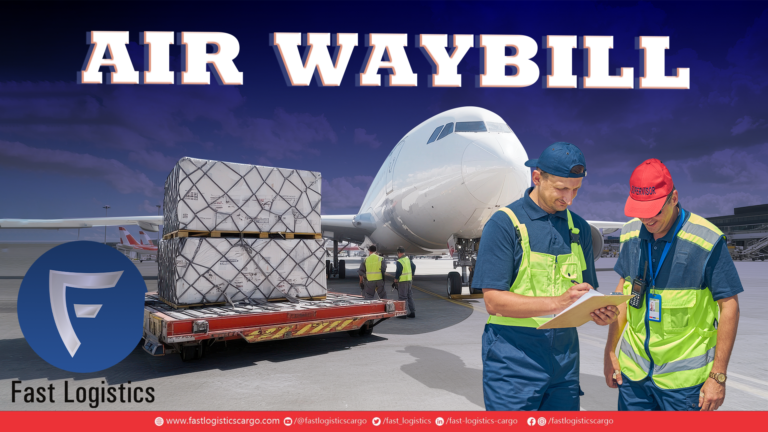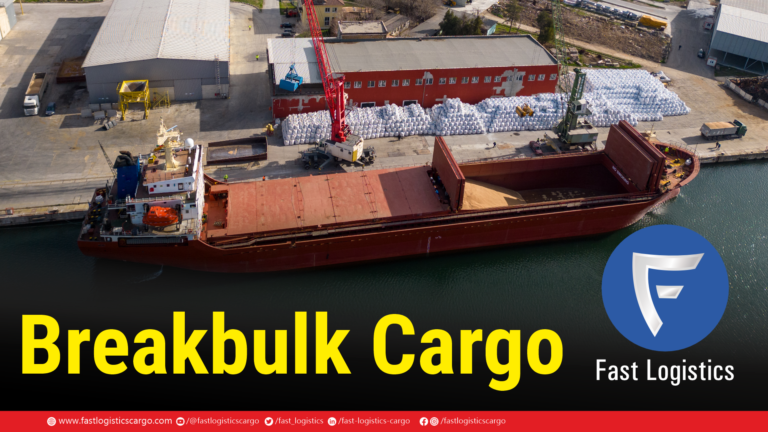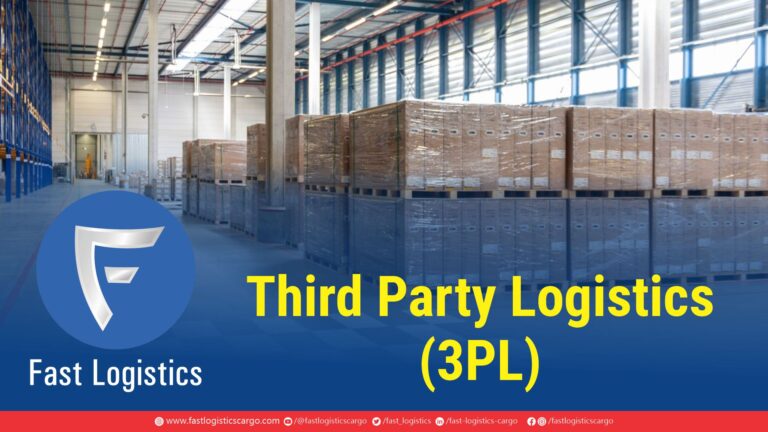Automotive Logistics
Automotive Logistics is an essential part of the automotive supply chain. It involves careful planning and execution to move car parts, replacement parts, and vehicles from suppliers to customers. This process includes various transportation methods like rail, trucks and ships. Key operations in automotive logistics involve managing warehouses, loading and unloading goods and distributing them to their final destinations.
In this blog, we’ll explore the intricacies of automotive logistics, its role in the global supply chain, current challenges, and future trends shaping the industry.
What Is Automotive Logistics?
At its core, automotive logistics refers to the comprehensive planning and execution of complex processes involved in moving auto components and vehicles. It can be categorized into three primary areas:
- Supply Chain of Auto Components for Manufacturing: This involves managing how materials flow for vehicle assembly.
- Logistics of Finished Vehicles: This involves customizing, delivering, and transporting completed vehicles to dealerships.
- Logistics of Spare Parts: This focuses on servicing vehicles by supplying the necessary replacement parts.
Automotive Logistics: An Economic Motor
The automotive supply chain operates as an extensive global network that connects manufacturers, suppliers, and service providers. This well-coordinated machine involves millions of components that must work together seamlessly to bring vehicles to market. The industry remains a dynamic sector within the global economy, employing millions and generating trillions in annual revenue. In 2021 alone, the automotive industry employed over 8 million people worldwide and generated approximately $2.8 trillion in revenue.
Furthermore, as analysts project the automotive logistics market will grow from $317.29 billion in 2024 to $437.80 billion by 2029, the industry’s economic significance becomes even more apparent.
How the Automotive Logistics Works
The automotive logistics process begins with raw material suppliers, which include companies that mine and process materials like steel and aluminum. Next, these suppliers send the materials to component manufacturers that produce parts such as engines and transmissions. Once these manufacturers complete the components, they deliver them to assembly plants for vehicle production.
After the assembly process, the team customizes the vehicles and ships them to dealerships for sale to consumers. Importantly, the logistics process doesn’t end with the sale; the aftermarket industry also provides additional parts and accessories for vehicles, further highlighting the importance of logistics in this sector.
Current Challenges in Automotive Logistics
- Component Complexity: A typical vehicle can contain 15,000 to 25,000 parts, making logistics management complex and critical to maintaining product integrity.
- International Sourcing: As OEMs seek parts globally, complexities such as regulatory compliance, transportation costs, and warehousing arrangements arise.
- Semiconductor Shortages: The ongoing global semiconductor shortage has impacted vehicle production, emphasizing the importance of robust supply chain management.
- Electrification: The shift towards electric vehicles brings uncertainties in sourcing critical components, particularly powertrain batteries.
Additionally, the Finished Vehicle Logistics (FVL) sector faces an ongoing supply-demand imbalance and a transportation capacity crisis, affecting all modes of transport—ground, rail, and sea.
Fast Logistics: Driving Success in Automotive Logistics Projects
Fast Logistics has successfully handled numerous automotive logistics projects, delivering seamless and efficient solutions across the entire supply chain. From the transportation of essential vehicle components to managing the complex logistics of finished vehicle deliveries, our team ensures that every part arrives on time and in perfect condition. We specialize in spare parts distribution, providing rapid and reliable service to keep automotive operations running smoothly. With our expertise in handling large-scale projects and attention to detail, Fast Logistics has become a trusted partner in the automotive industry, supporting manufacturers and dealerships with tailored, high-performance logistics solutions.
In addition to automotive logistics, Fast Logistics offers a comprehensive range of services to meet diverse industry needs:
- International Air Freight
- Global Air Charter Operations
- International Ocean Freight
- Overland Transport
- Warehousing
- Dangerous Goods Handling
- Customs Clearance
- Project and Heavy Cargo
- 3PL (Third-Party Logistics)
Whether it’s moving time-sensitive goods, managing complex customs procedures, or handling oversized cargo, Fast Logistics is committed to providing reliable, end-to-end logistics solutions tailored to your business requirements.
Frequently Asked Questions
Vehicles are transported using various methods, including trucks, trains, and ships, depending on distance and logistics needs.
Delays can occur due to various factors, including supply chain disruptions, shortages of specific components, or increased demand for certain vehicles.
The primary challenges facing the automotive supply chain include component complexity, as vehicles can contain thousands of parts requiring precise management. Additionally, international sourcing complicates logistics due to varying regulations and transportation costs. The ongoing semiconductor shortage further disrupts production, while the shift towards electric vehicles introduces new uncertainties in sourcing critical components.
Local and regional logistics players are increasingly enhancing their capabilities to meet the specific needs of manufacturers, retailers, and dealers. They offer tailored sector solutions, improve inventory handling, expand service offerings, and adopt advanced technologies to stay competitive.


